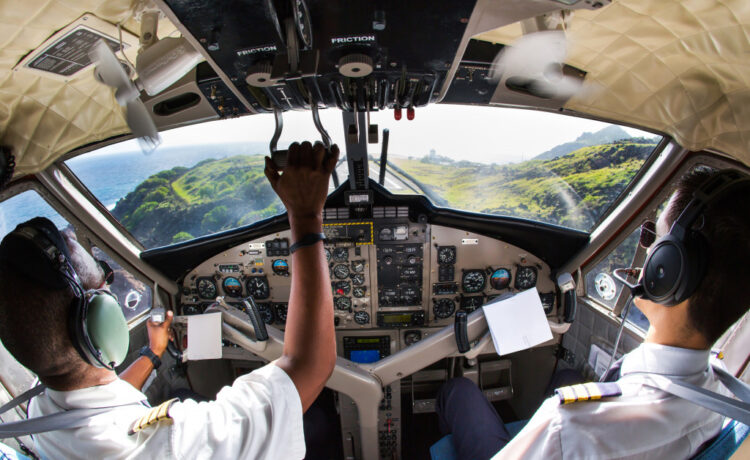To become a successful pilot, you need to learn a lot and master several skills. In addition to flight specific skills/hard skills, a pilot also needs to learn soft skills. It comprises communication, body language, time management, etc. Generally, a majority of training courses focus on the hard skills and do not address “soft skills”.
In this article, we are going to share the important skills that make a pilot successful.
Clear Communication
Clear communication is one of the essential skills that are beneficial in any job. It is very important in aviation too. The past statistics show that around 80% of flight incidents happen due to a lack of proper communication.
The pilot has to communicate clearly with the controller to ensure flight safety, landing safety, management of airspace flow capacity, and safety.
Flight Literacy is the leading place online where you can find a large number of documents and manuals related to aviation education. The site provides comprehensive learning material to users for free. Click to read more about the site.

Situational Awareness
A pilot should learn to appreciate everything that goes on while flying, controlling as well as maintaining the aircraft. The pilots need to get a mental picture of the location, configuration, energy state, and flight conditions of the aircraft.
Inadequate situational awareness in dangerous situations includes loss of control, loss of separation, airspace breach, and meeting with harsh weather conditions.
Here are some of the main components that situational awareness:
- Environmental awareness
- Communication between air traffic control system and other types of aircrafts
- Terrain and weather
- Mode awareness
- Configuration of the aircraft
- Control system modes that include Speed, Heading, Altitude, etc.
- Geographical position
- Aircraft attitude
- Aircraft systems
Team-Working Skills
Pilots as well as the cabin crew members should work well as a cohesive team. Pilots must closely work with other pilots present on the flight deck, and with flight dispatchers, and air traffic controllers. They need to coordinate actions as well as offer honest and clear feedback.
Command Presence
A pilot needs to show soft skills such as leadership skills, confidence, decision making, problem-solving, emotional control, stress management, and other personality traits that set him apart from other pilots.
People Skills
To make a promising career, a professional pilot needs to exhibit good people skills. Being likable, friendly, and appreciated by the team are all required.
Curiosity
A pilot has to have the desire to acquire knowledge. This quest for knowledge is what makes a person more knowledgeable and successful. A pilot has to be curious about knowing the intricacies of aerodynamics and how the reciprocating engines work.
Conclusion
While inculcating these skills, a pilot should do a self-reflection to learn from their past mistakes, improve their weak zones, and form a strategy of they are going to do it better next time. Also, a pilot should know that learning is an ongoing process. It keeps them updated and helps them become eligible for high ratings and new licenses.

